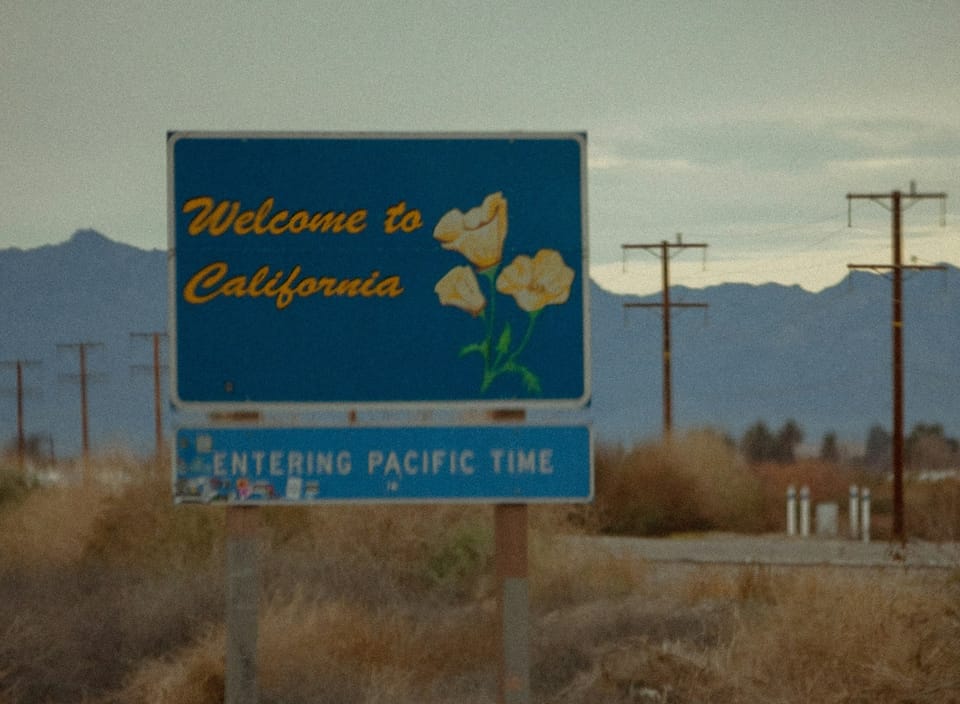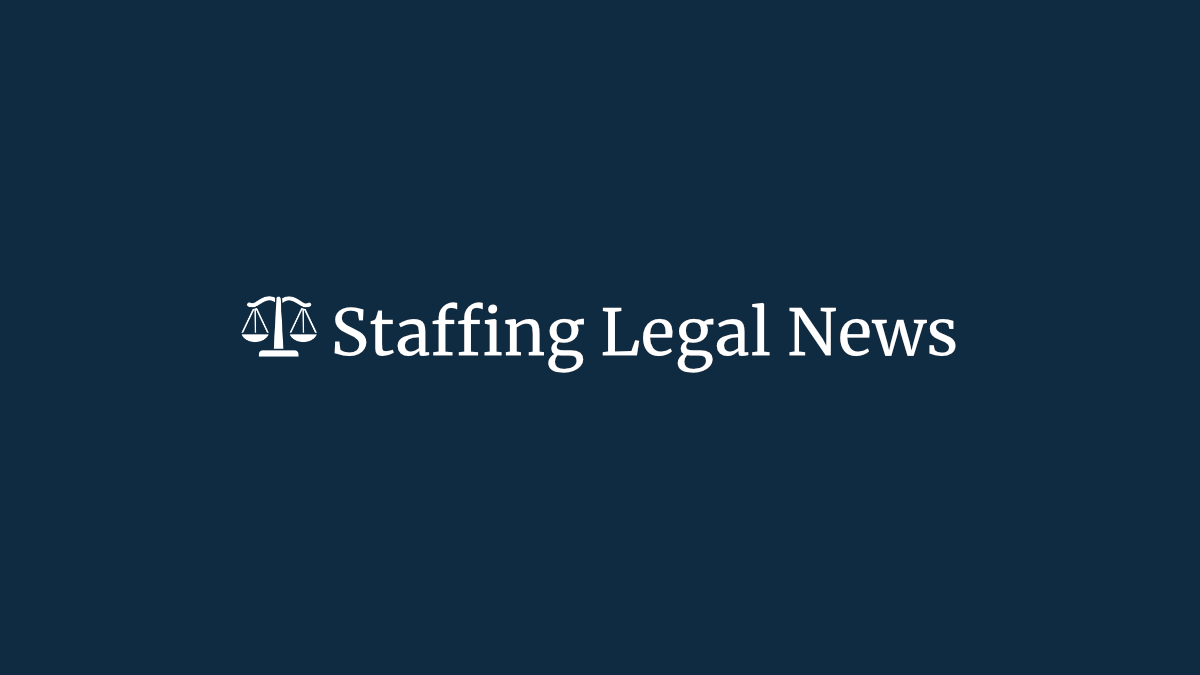California PAGA Reforms: Band Aid on a Broken Leg?

Updated law maintains penalties, creates new avenues for litigation, and hides a major win for labor
While some are optimistically celebrating the California PAGA "reforms" that went into effect on July 1, the complex new PAGA structure is just more of the anti-employer over-regulation that makes California the worst place in the U.S. to run a business. The amended law may very well lower the frequency and settlement value of some PAGA claims, but the central problem remains - a highly punitive system of punishments for minor infractions of rules that are difficult for employers to consistently follow. Compliance is especially challenging for the staffing industry, where staffing agencies are often at the mercy of their clients’ employment practices.
PAGA stands for the Private Attorneys General Act of 2004. In a nutshell, the law deputizes every California employee to become a paid bounty hunter against their employer, with massive penalties and attorney's fee awards on top of the underlying claim. No other state in the nation has anything close to such a hostile environment for employers. Here is a summary for those desiring details:

The new legislation amounts to a surrender of sorts by the business groups who managed to get a PAGA repeal referendum on the Ballot for the November election. In a deal with labor and the Legislature, the referendum was dropped in exchange for the reform legislation.
Perhaps the referendum never had a chance, and this was the best deal the CalChamber and company could get. Like a lot of compromise legislation, it is a complex mess. The reforms have been described by one commentator as reducing PAGA risk to something more akin to an "ordinary California class action." How wonderful.

An ordinary California class action is of course a nightmare, as I have pointed in the past:

PAGA also remains a lawyer's bonanza, arguably including my friends in the California employment defense bar, who now will be helping clients navigate the complexities of the new scheme. This will include litigating ambiguities like whether the complex new "cure" provisions have been met, requiring a fact-intensive evaluation of whether the employer took "reasonable steps" to prevent or cure a violation. All of this will continue to push employers to pay large amounts to settle PAGA claims.

To be clear, I have great respect for my colleagues in the California defense bar. They are typically faced with unwinnable cases and tasked with obtaining the "best bad outcome" possible. This is professionally and emotionally challenging. Everyone likes to win every now and then, especially smart professionals who thought they were getting into the business of winning when they became litigators. But employer wins are rare in the Golden State, and we are a long way from things actually getting better.
Big win for labor creates new employer risk
Buried within the PAGA amendments is an anti-employer provision that has long been sought by labor: the right of an employee to seek injunctive relief in a PAGA case, that is, a court order dictating future employer conduct. On the surface, this may seem like a relatively benign non-cash remedy. But ongoing judicial supervision of your business, potentially monitored by the plaintiff's attorney, is the last thing any employer wants. In practice, this threat will be used to drive up the cash settlement value of every PAGA case, and all PAGA complaints will include a claim for injunctive relief.
The Duane Morris firm has put together the most detailed analysis of the changes that I have seen to date, and it illustrates how complicated PAGA has now become:

For those who want to get started on the new PAGA compliance protocols, the CalChamber has a webinar you can purchase:

If your business is in California, do your best to maintain compliant practices. This requires extra effort and often extra investment in compliance resources. For those in other states, don't complain, it could be a lot worse.




Member discussion